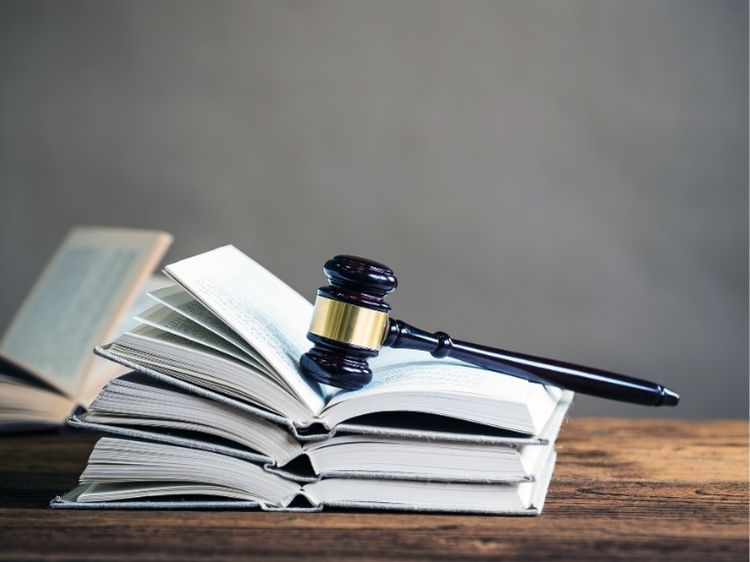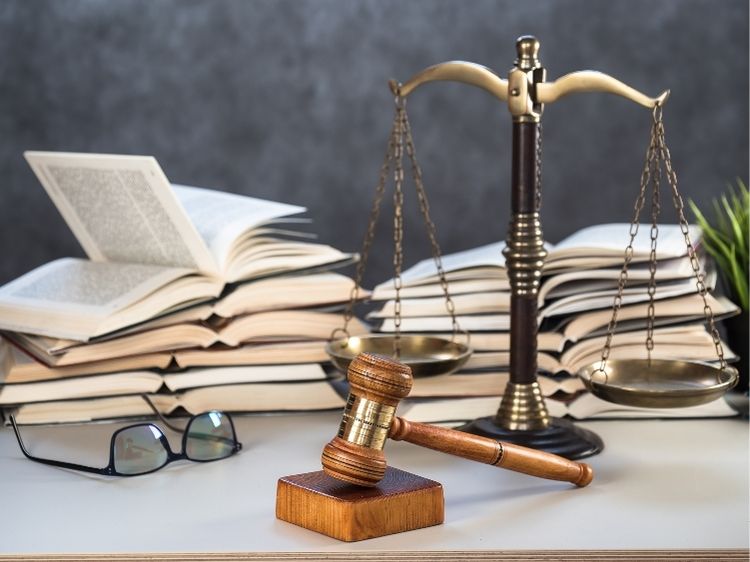What Is a Commercial Collections Attorney?
Unpaid debts can cripple businesses, large or small. That’s where a commercial collections attorney steps in. These legal professionals specialize in recovering overdue payments from clients or businesses, ensuring that companies get what they’re owed without violating legal guidelines.
But it’s not just about chasing money! Commercial collections attorneys navigate complex regulations, negotiate with debtors, and, when necessary, take legal action to protect your bottom line.
Why Your Business Might Need a Commercial Collections Attorney
Let’s face it—chasing unpaid invoices isn’t just frustrating; it’s time-consuming and often fruitless without the right expertise. Here’s why hiring a commercial collections attorney makes sense:
- Legal Expertise: They understand the intricate laws surrounding debt collection, preventing you from unintentionally violating rules like the Fair Debt Collection Practices Act (FDCPA).
- Negotiation Skills: Skilled attorneys can mediate disputes, often recovering debts without heading to court.
- Time-Saving: With an attorney handling collections, your team can focus on running the business instead of chasing invoices.
- Litigation Readiness: When negotiations fail, a commercial collections attorney can swiftly take legal action.
How a Commercial Collections Attorney Operates
Step 1: Evaluating the Case
Before diving in, your attorney will review the debt details. Are the invoices valid? Did the debtor receive the goods or services? Answering these questions is crucial.
Step 2: Contacting the Debtor
Next, they’ll reach out to the debtor on your behalf. Often, a stern yet professional letter from an attorney’s office is enough to prompt payment.
Step 3: Negotiating Settlements
If the debtor shows willingness to resolve the issue, the attorney may negotiate a repayment plan or partial settlement.
Step 4: Taking Legal Action
When all else fails, your attorney can file a lawsuit. This might involve garnishing wages, placing liens on property, or seizing assets—depending on the situation and jurisdiction.
Key Traits of a Competent Commercial Collections Attorney
Not all attorneys are created equal. When hiring a commercial collections attorney, look for these qualities:
- Industry Experience: Knowledge of your industry ensures they understand specific challenges you face.
- Strong Communication: Effective negotiation requires top-notch communication skills.
- Proven Track Record: Ask about their success rate in recovering debts.
- Legal Specialization: Ensure they specialize in commercial collections, not just general law.
When Should You Hire a Commercial Collections Attorney?
Wondering if it’s the right time to bring in legal help? Here are some common scenarios:
- Repeated Payment Delays: If a client consistently misses deadlines despite reminders.
- Unresponsive Debtors: When your calls and emails go unanswered.
- Significant Outstanding Balances: If the debt is large enough to impact your cash flow.
- International Disputes: A commercial collections attorney can handle cross-border collection cases, which are notoriously tricky.
DIY Debt Collection vs. Hiring a Professional
You might think, “Can’t I just collect the debts myself?” While that’s an option, it often leads to wasted time and legal headaches. Here’s a quick comparison:
| Aspect | DIY Collection | Commercial Collections Attorney |
| Time Investment | High | Low |
| Legal Risk | High (risk of violating collection laws) | Low (experts in compliance) |
| Success Rate | Moderate | High |
| Cost | Low (at first glance) | Worth the investment for large debts |
How Much Does a Commercial Collections Attorney Cost?
Here’s the million-dollar question—or, hopefully, just a fraction of that! The cost varies based on factors like:
- Case Complexity: Simple cases cost less than those requiring extensive litigation.
- Payment Model: Some attorneys charge hourly, while others work on contingency (taking a percentage of the recovered amount).
- Geographic Location: Legal fees differ widely depending on your location.
On average, expect hourly rates between $200–$500 or contingency fees of 25–40%.
FAQs About Commercial Collections Attorneys
1. What’s the difference between a debt collector and a commercial collections attorney?
Debt collectors pursue payments but lack the legal authority to take matters to court. Attorneys, on the other hand, combine collection efforts with legal expertise, making them a more powerful option.
2. Can a commercial collections attorney handle international debts?
Absolutely! Many attorneys specialize in cross-border collections, navigating foreign laws and regulations to recover what’s owed.
3. Is it worth hiring an attorney for small debts?
For smaller amounts, it might not be cost-effective. However, for larger debts—or repeat offenders—an attorney is invaluable.
4. How long does it take to recover a debt?
Timelines vary. Some cases resolve in weeks, while others requiring litigation can take months. Your attorney will provide a realistic estimate after evaluating your case.
Conclusion: Is a Commercial Collections Attorney Right for You?
A commercial collections attorney isn’t just a problem-solver; they’re a lifeline for businesses struggling with unpaid invoices. With their legal expertise, negotiation skills, and litigation capabilities, they ensure you’re not left chasing payments indefinitely.
So, whether you’re dealing with a stubborn debtor or navigating complex international disputes, hiring a commercial collections attorney might just be the smartest move for your business.
Authoritative Links for Further Reading
- Fair Debt Collection Practices Act: https://www.ftc.gov/enforcement/rules/rulemaking-regulatory-reform-proceedings/fair-debt-collection-practices-act
- American Bar Association: https://www.americanbar.org
- Commercial Law and Litigation Resources: https://www.hg.org/commercial-law.html



